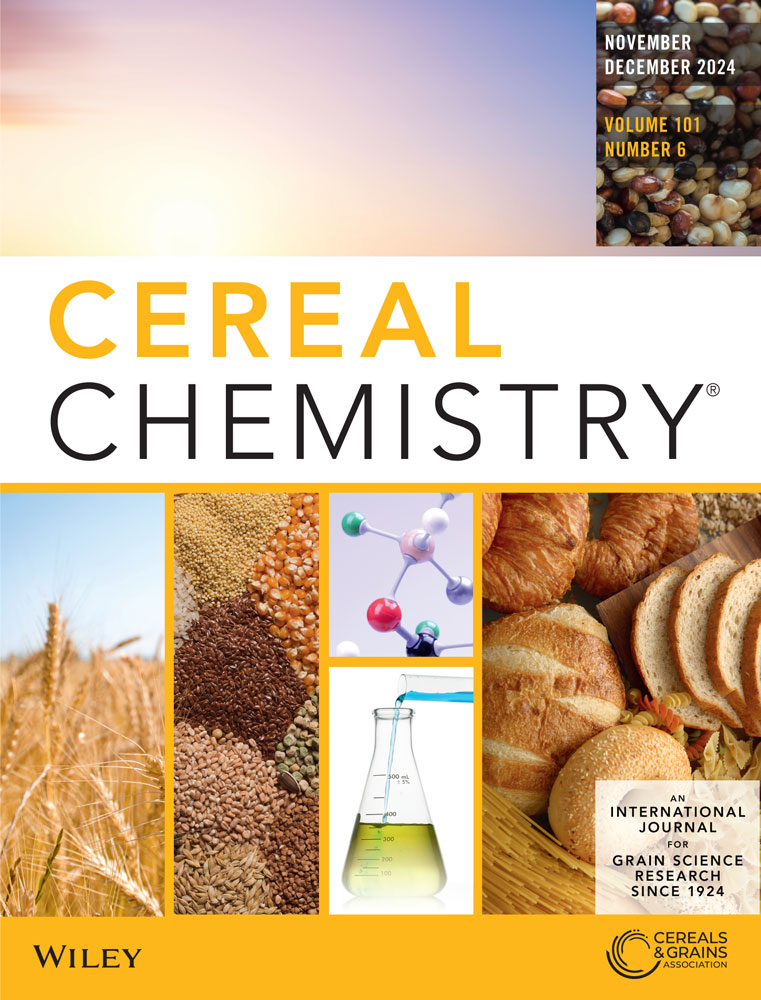Study on the effects of sugar alcohols and Angelica keiskei flour on cookie quality, antioxidant, and nutrition
Abstract
Background and objectives
Low-glycemic index (GI) functional foods have great industrial potential, as obesity has become an important global public health issue. In this study, the effects of replacing sucrose with maltitol, xylitol, and erythritol on the quality, antioxidant, and nutrition of Angelica keiskei cookies were investigated.
Findings
The color and textural parameters of cookies formulated with xylitol and erythritol were significantly (p?<?.05) different from those of the sucrose cookies, while the cookies made with maltitol showed the color, hardness, and brittleness values closest to the sucrose cookies. Additionally, the cookies formulated with the three sugar alcohols showed lower acid value and peroxide value than the sucrose control. The results of functional analyses showed that A.?keiskei flour further enhanced the antioxidant activity and α-amylase inhibitory activity of the maltitol cookies beyond that of maltitol alone. The maltitol A.?keiskei cookies showed the lowest pGI of 53.9.
Conclusions
The cookie formulated with maltitol showed good quality and storability characteristics. Additionally, the incorporation of maltitol and A.?keiskei flour in the cookie recipe significantly increased the antioxidant activity and α-amylase inhibitory activity of the cookies and reduced their glycemic index.
Significance and novelty
Maltitol could be considered to be an acceptable sucrose substitute for developing A.?keiskei cookies. Furthermore, maltitol and A.?keiskei flour are considered to be appropriate ingredients for the development of low-GI functional cookies.





